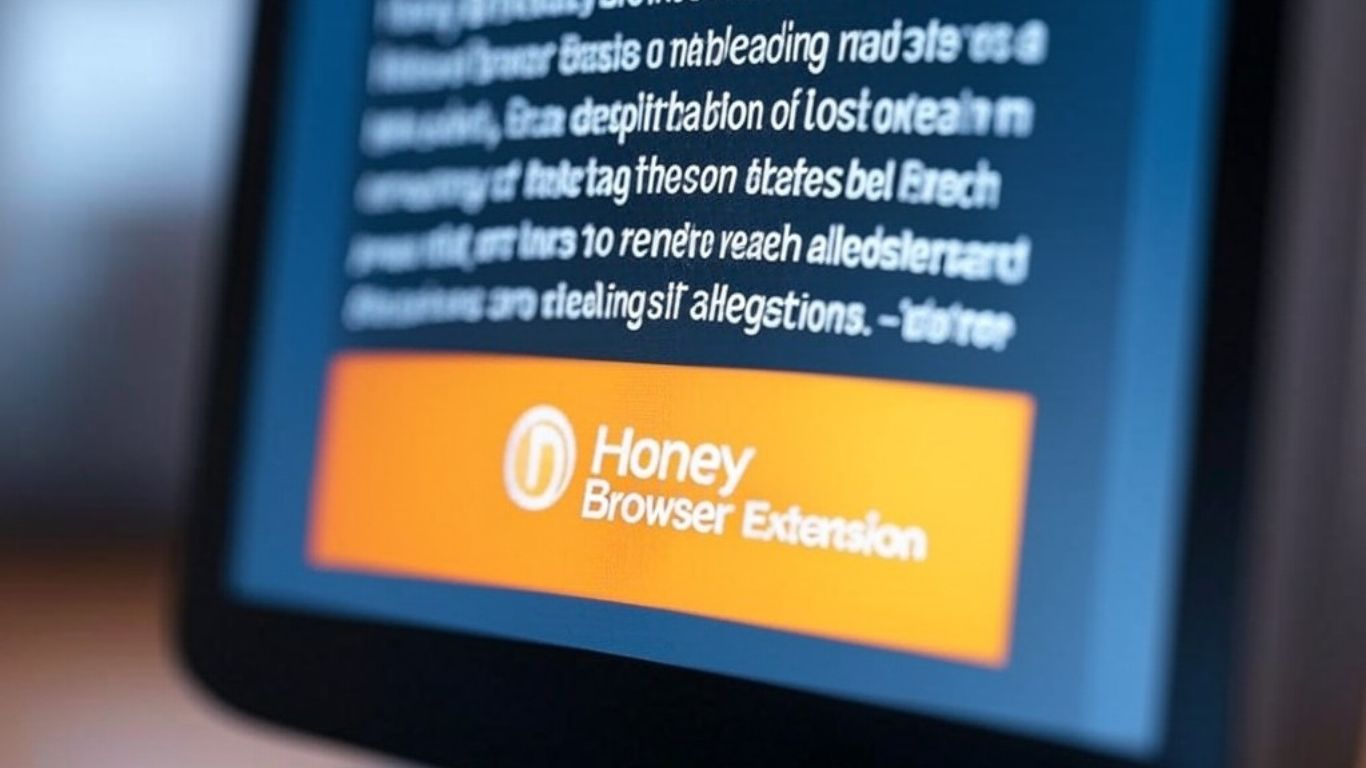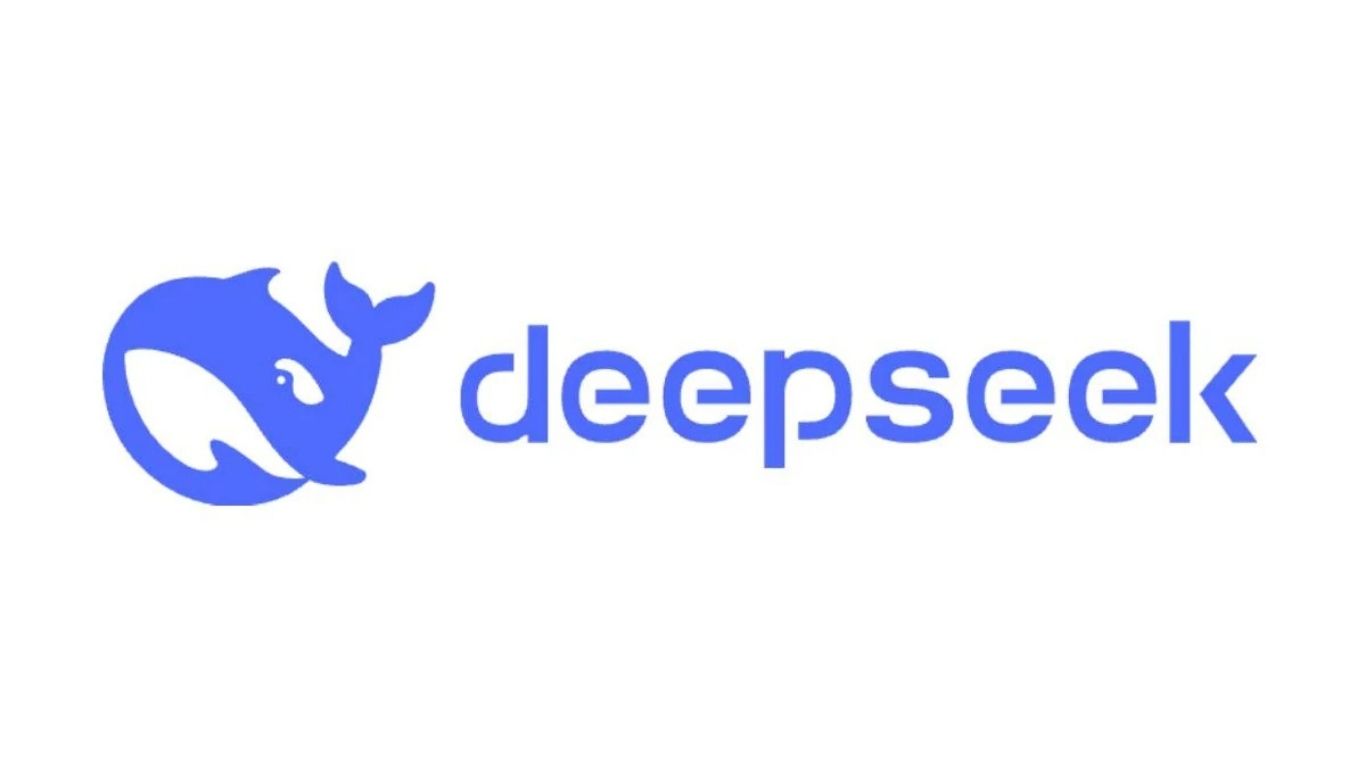The Honey browser extension, widely promoted by influencers as a tool for finding the best online deals, is under fire following allegations from popular YouTuber MegaLag. The accusations claim that Honey, owned by PayPal, might not be as consumer-friendly as it claims, potentially misleading users and impacting influencers negatively.
Let’s delve into the controversy, breaking down the key issues raised and the reaction it has sparked.
What Is the Honey Extension?
The Honey browser extension is marketed as a money-saving tool that automatically applies discount codes at checkout when shopping online. Promoted by several social media influencers, Honey claims to simplify the online shopping experience by finding the best deals and savings for its users.
However, recent claims suggest that the tool might prioritize business-friendly discounts over the most beneficial ones for consumers.
Allegations Against Honey: What Did MegaLag Claim?
1. Selective Discount Codes
MegaLag, in a viral YouTube video, accused Honey of:
- Displaying smaller discounts despite the availability of higher-value ones.
- Favoring partnered businesses by showcasing their discount codes, even if better deals exist.
For instance, if a store offers a 30% off code, Honey may instead apply a 5% discount, effectively steering users toward less favorable deals.
This practice allegedly stems from Honey’s partnerships with businesses, which allow them to dictate which codes the extension promotes.
2. Impact on Influencers
The allegations extend to the way Honey interacts with affiliate marketing systems:
- When users shop through an influencer’s affiliate link, Honey may reattribute the sale to itself by overriding cookies or altering the tracking mechanism.
- This denies influencers their commission earnings, despite their efforts in driving the sale.
Many influencers have built trust with their audiences by promoting Honey, unaware of how it might negatively impact their own income streams.
3. Consumer and Security Concerns
Critics have pointed out that Honey’s alleged practices are:
- Deceptive to consumers, as they believe they are receiving the best available deals.
- Potentially problematic for data privacy, echoing earlier warnings from Amazon, which labeled Honey as a security risk capable of altering cookies and web pages.
Public Reaction: Social Media Backlash
MegaLag’s video quickly went viral, sparking a wave of criticism from both influencers and consumers.
- On X (formerly Twitter), one user wrote:“If you’re using the Honey browser extension, remove it. This is predatory & bad for the customer, the brand, and content creators promoting products.”
- Another user highlighted security concerns:“Remember when Amazon claimed Honey browser extensions was a risk to your security, and everyone thought Amazon was lying? This video from MegaLag shows how Honey is outright stealing commissions from YouTubers. Be careful with browser extensions.”
PayPal and Honey’s Response
As of now, PayPal and Honey have not issued an official statement addressing these allegations. However, the controversy has raised questions about transparency and ethical practices in browser extension operations.
What Should Consumers and Influencers Do?
For Consumers
- Evaluate Discounts: Double-check discount codes manually to ensure you’re getting the best deal.
- Be Cautious with Extensions: Limit the use of browser extensions that can manipulate your web pages or alter cookies.
For Influencers
- Monitor Affiliate Links: Keep track of your commissions and investigate discrepancies.
- Reassess Partnerships: Consider promoting tools that align with ethical practices and transparency.
The Bigger Picture
The allegations against the Honey browser extension serve as a reminder to approach online tools with caution. While Honey has been a popular choice for simplifying online shopping, the accusations highlight potential ethical and operational concerns.
As consumers and influencers await an official response from PayPal, this controversy underscores the importance of transparency, fair practices, and vigilance when using digital tools.
FAQs
1. What is the Honey browser extension?
The Honey extension is a tool that applies discount codes automatically during online shopping to help users save money.
2. What are the allegations against Honey?
Honey is accused of showing selective discounts favoring businesses and reattributing sales from influencers’ affiliate links to itself.
3. How does Honey allegedly affect influencers?
The extension may override affiliate links, denying influencers the commission they would earn for driving sales.
4. Are there security concerns with Honey?
Critics warn that Honey’s ability to manipulate cookies and web pages raises privacy and security concerns.
5. How can consumers ensure they’re getting the best deals?
Manually compare discount codes and limit reliance on browser extensions that prioritize partnered businesses.















